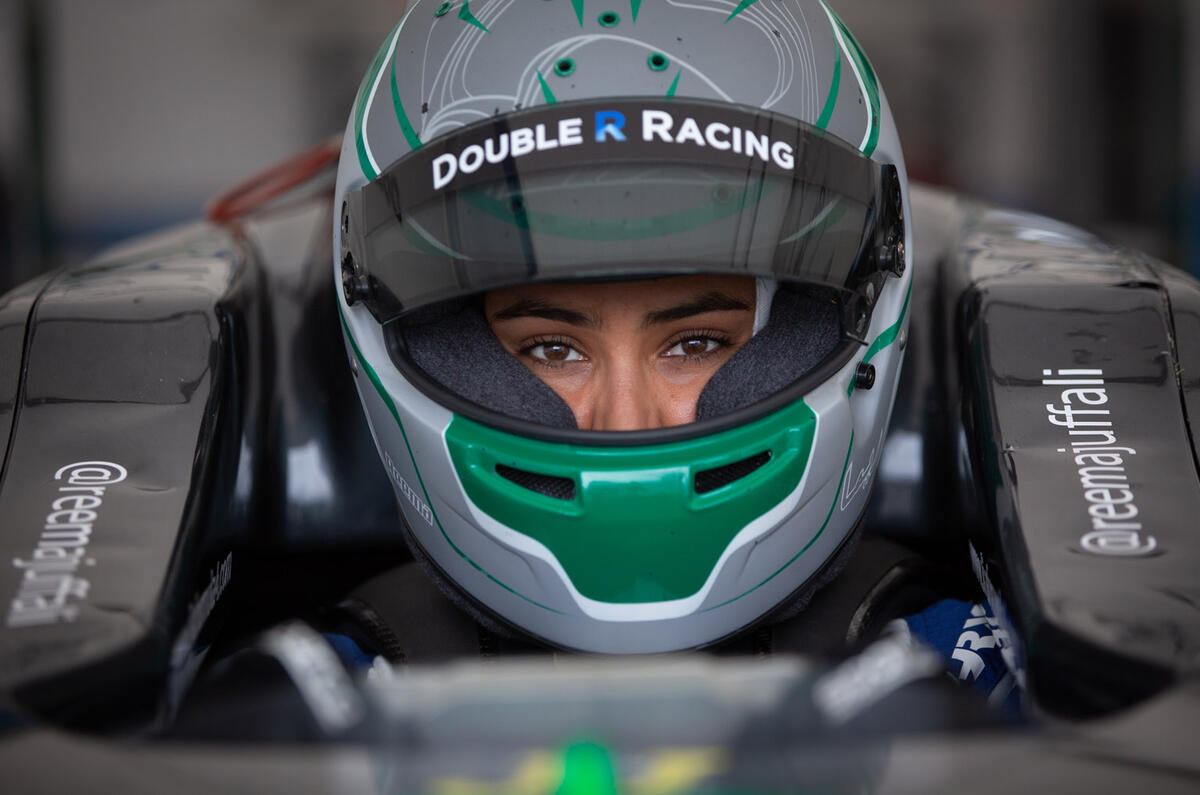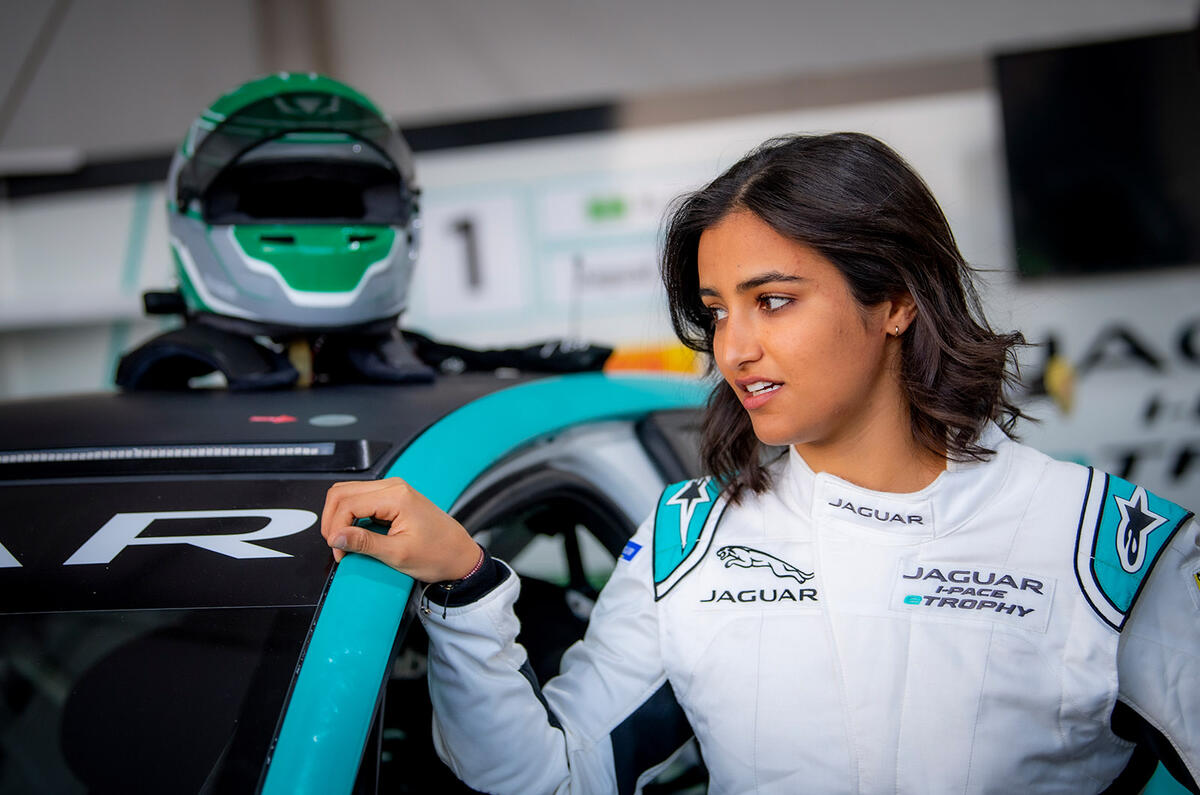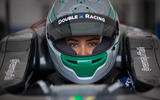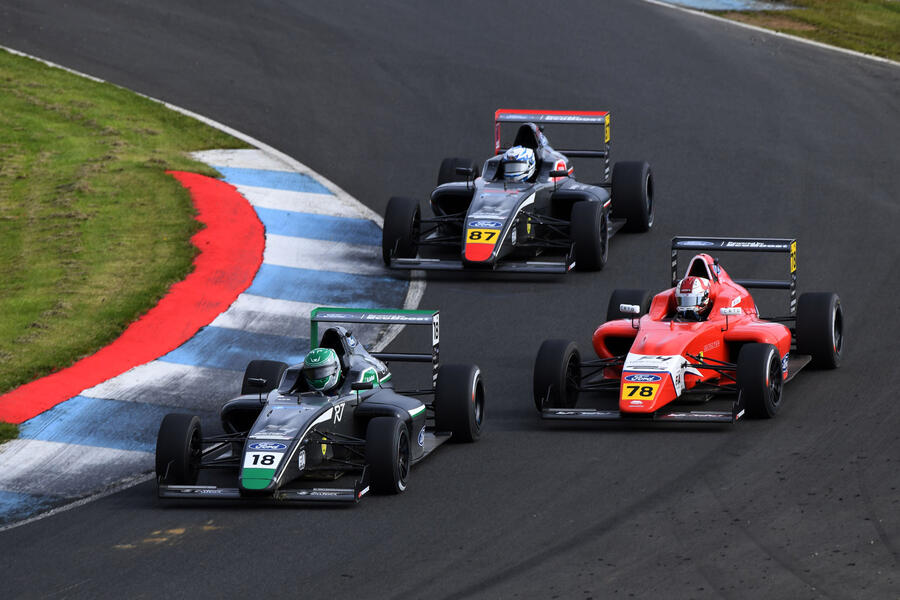The BRDC British Formula 3 Championship will begin this weekend at Brands Hatch and, as usual, the class is brimming with ambition, expectation and blind hope that this will be another step on the road to a professional life in motorsport.
Among the young men is a 29-year-old woman. There’s nothing particularly remarkable about that – except she’s from Saudi Arabia, a place that not only lacks an established motor-racing culture but also, far more significantly, banned women from even driving on the road until 2018. That makes Reema Juffali singularly special – and so is the story of how she got here.
Ban didn't stop her
“It all started from a young age,” says Juffali. My love for cars was pretty clear. That’s where I was happiest.” But growing up in Jeddah, she was ostracised from her passion, purely due to her gender. “There was definitely a sense of frustration: ‘I want this, but I can’t have it’,” she says. “I don’t want to give a rosy image. It’s why I appreciate it now.”
Saudi Arabia finally lifted its ban on women driving in 2018, a year after Juffali had returned home after seven years of study and work in the US and the UK, during which time she was free to fully explore her love of motorsport. “It wasn’t until I was at university [in Boston, US] and had left Saudi that I was exposed to racing,” she says. “When I was there, I gained an understanding that there was more to it than just Formula 1 and that men and women could compete at different levels. I thought it was done and dusted as something I couldn’t even think about. Now I saw there was an opportunity for me.”
Racing from a standing start
Beyond the ban in her home country, what’s really impressive about Juffali is how she worked her way into motorsport from a starting point of zero. “I didn’t know anyone who raced,” she says. “It involved a lot of research and asking people questions, and everyone came back with different answers.”












Join the debate
Add your comment
It will be interesting to see if any other Women from her Country follow her into motorsport.
That leaves Max Verstappen the only racing driver starting a career without having a driver's licence. The above is true for F1, probably not for F3